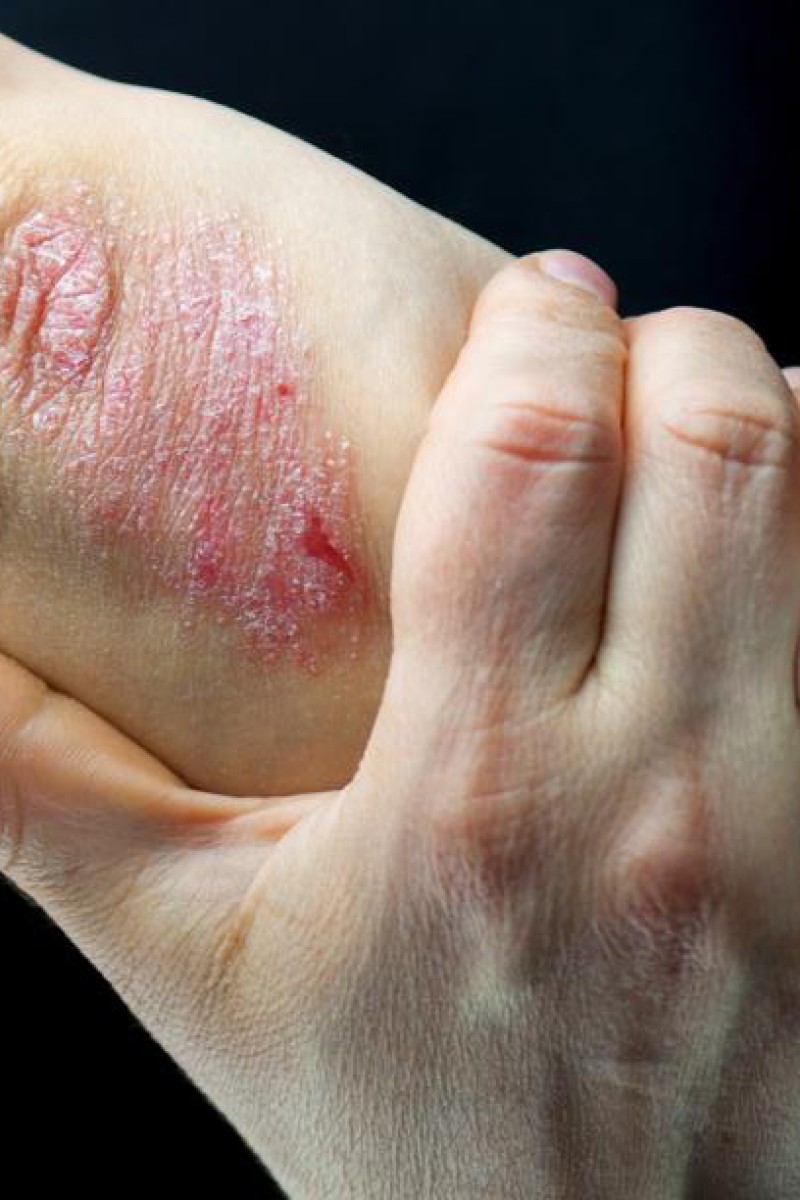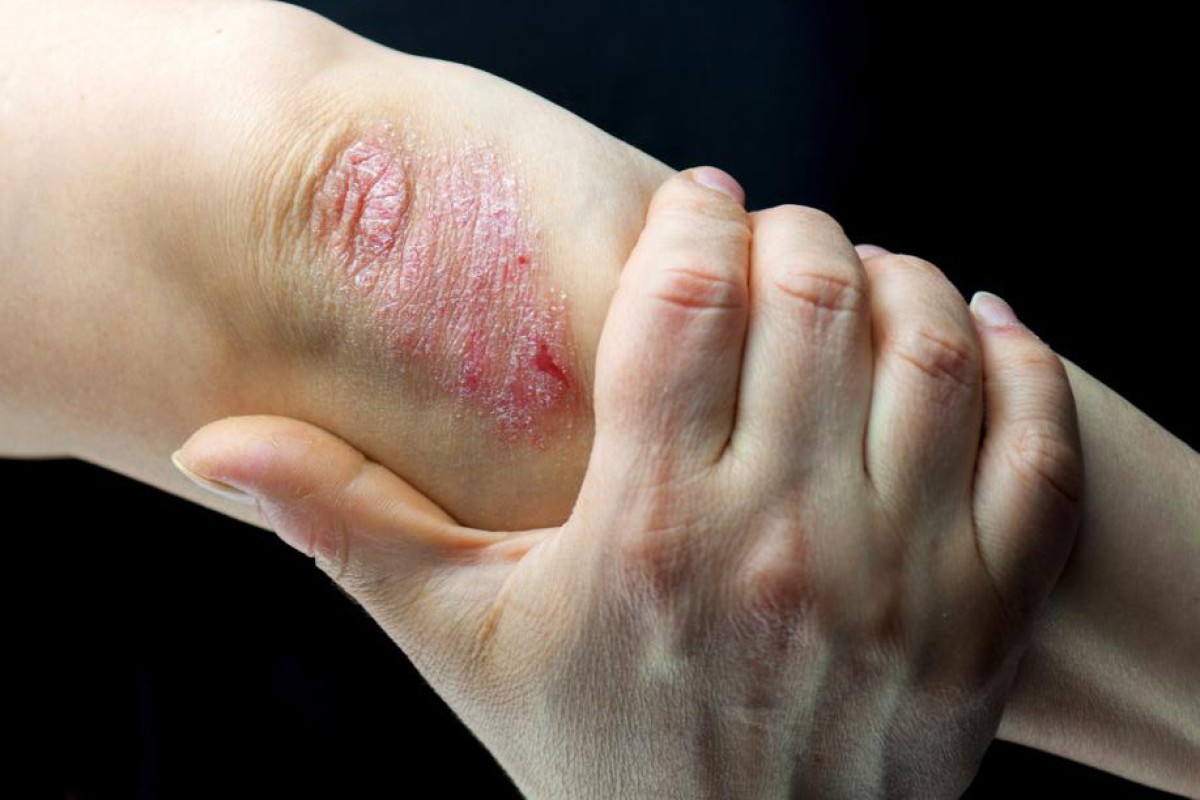
Never heard of psoriasis? YP cadet Thomas Gomersall takes a closer look at this condition, what causes it, and how it can be treated

Psoriasis (say: sor – eye – uh – sis) may only affect 0.3 per cent of Hongkongers, but for those that do have it, it can range from being a mild inconvenience to a serious cause of bullying and low self-esteem. However while no disease is desirable, psoriasis is neither something to be afraid nor ashamed of. Here are five things you should know about this often misunderstood condition.
What is psoriasis?
Psoriasis is a skin disease that causes crusty red patches to appear on the body. The affected areas become dry, rough, itchy, and sore. Patches can be small, or cover large areas of the body. They tend to appear on the hands, elbows, knees, and back but can appear on the scalp. Psoriasis is a long-lasting disease that can flare up and die down again in cycles.
The road to treatment is slow for people who suffer from rare diseases in Hong Kong
What causes psoriasis?
It is caused when the body produces skin cells too quickly. It is not clear why this happens, but experts think it may be due to a faulty immune system (what the body uses to protect itself) attacking healthy skin cells, causing the body
to produce new ones faster than usual.
Genetics also play a part; researchers have found 10 genes that are linked to psoriasis. These genes can be triggered by environmental factors – including stress, throat infections, skin injuries, and medications – although these factors will vary from person to person.
Does it spread like the flu?
No. Psoriasis is a genetic disease and therefore it cannot spread from person to person. Those with a family history of psoriasis are probably more likely to develop it, but this is not true of all patients.
University of Hong Kong medical school adds private sector training for students
What other impacts of psoriasis are there?
A common side effect of psoriasis is psoriatic arthritis, which affects roughly 50 per cent of patients. This causes pain and swelling in the joints, and should be treated as soon as possible, otherwise it can lead to serious physical deformities.
People with psoriasis may experience foot pains, and are also slightly more at risk of developing diabetes or heart disease than those without it. Patients may also experience bullying due to the appearance of psoriasis, which can lead to itching, discomfort, shame, disfigurement, long stays in hospital (which puts life “on pause”), anxiety, and depression.
Is there a cure?
Unfortunately there is currently no cure for psoriasis, and most medications to control it are not recommended for people younger than 18. But there are other ways to control it. Using a skin moisturiser such as aqueous cream or vaseline helps.
Sufferers can also reduce environmental triggers through exercise, a balanced diet, and keeping stress levels down.
If people need medication for another condition, they should tell the doctor about the psoriasis so they can prescribe a medication that won’t trigger it. What’s more, a steroid ointment can be applied to affected patches to reduce redness and itching, although it can take several weeks for the effects to become noticeable.